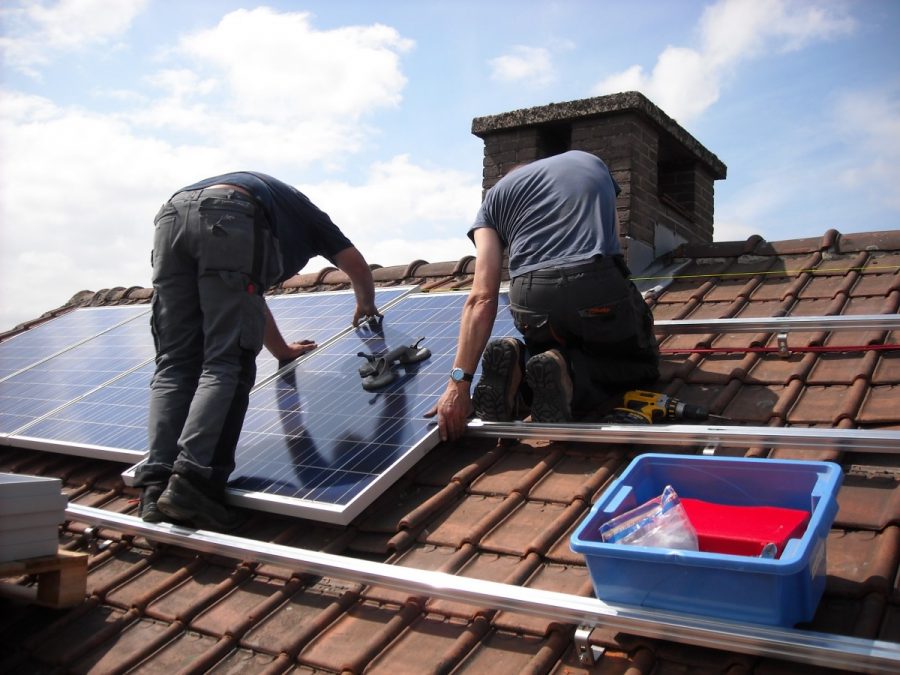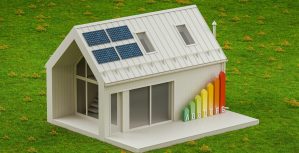Why are my solar panels not working as intended?
Maybe you learned this when you received an exorbitantly high electricity bill. Or maybe it was when you noticed that your solar panel system isn’t generating as much energy as it should be.
Unable to determine the issue, you then asked yourself: “Why are my solar panels not working?”
Unfortunately, this question is difficult to address due to the complicated nature of solar panel technology and how solar installers work. Essentially, each photovoltaic module, also known as a solar panel, is an assembly consisting of many interconnected solar cells that generate energy for your home.
This means that there are many things that could go wrong inside each panel, as well as with the solar inverter, the charge controller, the power generation metre, or with other components. With that said, let’s take a look at what you can do to bring your system back to normal.
Possible reasons why your system doesn’t generate any energy
“Unfortunately, this problem, also known as zero power output, is quite widespread even in modern-day solar systems and can be caused by a:
- Damaged inverter;
- Faulty charge controller;
- Your solar panels not working.
The latter is especially troublesome since all photovoltaic modules (solar panels) are interconnected and a single faulty panel is enough to shut down your entire system.” says Nicholas Pritchard, a professional at the Fantastic Electricians.
Learn more about solar panel maintenance here.
Check if your inverter is up and running
The inverter is the heart and soul of any solar panel system. It works as a power adapter that allows your battery-powered system to run everyday appliances through your home’s power grid.
So, if the panels aren’t generating electricity, your inverter is probably the one to blame.
How to troubleshoot your inverter
Under normal working conditions, your inverter should meet you with a blinking yellow or a green light. If the led indicator is flashing in red instead and the screen displays an error message, then your inverter is either switched off or is disconnected from the power grid.
If that’s the case, make sure to contact the company that installed your modules so that they can evaluate why your solar panels are not working properly and perform the needed repairs.
See if the generation metre is still active
Check the led indicator
If the led on your metre is glowing in red even on a hot summer day, this is a clear indicator that your solar panel system is struggling to generate any electricity and needs to be fixed.
Run some calculations
Even if your metre is glowing in an inviting green, that still doesn’t guarantee its optimal performance. To ensure that your metre is providing you with accurate readings of the energy generated, make sure to write down the information that you see on its screen once every week.
When you have enough information to work with, sit down and compare the data to spot potential problems. When doing so, however, you should always be mindful of any recent changes in weather that could explain some sudden drops in the amount of energy generated.
Possible reasons why your system is underperforming
If everything seems to be working as intended, but your solar panels are failing to generate enough power anyway, here are some reasons as to why that may have happened.
- Nearby trees are getting in the way. If nearby trees cast their shadows on top of your solar panels, their photovoltaic cells will no longer be as efficient at converting power.
- Your system is overheating. The more heat your system absorbs, the less power it will generate. This can be fixed by connecting extra modules, which will increase the string voltage and alleviate the pressure on your system. You should also take a closer look at the space beneath the panels to ensure that it is open enough to promote air circulation.
- Your panels are not installed properly. Bad connections often lead to underwhelming amounts of generated power, so make sure to grab a multimetre and check the voltage levels to pinpoint the location that is the root of all your low-voltage troubles.
- Your property’s circuit breaker is tripping. If the circuit breaker has been switching off quite a few times lately, this could indicate that your inverter is damaged due to a damp environment or poorly sealed cable entries. Alternatively, your circuit breaker might be too small and unable to match the size of your solar panel system.
- One of the solar panels is defective. Even though solar panels are incredibly durable products with a life expectancy of at least 25 years, a few faulty panels do manage to slip through the QA experts working at bigger factories. The most common symptoms of a faulty panel include an increased resistance of the solar cells in the defective panel due to microscopic cracks, a damaged junction box due to moisture exposure, and delamination – a process where moisture enters the electrical circuit of the faulty panel that can lead to a current leak or even to a short circuit of the entire system.
In a home of the future, issue detection might be out of your responsibilities but for now you’ll have to cope with the process.
Your solar system works fine, but your bill stays the same? Here is why
Reason #1: your feed-in tariff is too low
As you probably already know, any excess energy that your solar panel system doesn’t use during the day is then exported from your grid to the power network. However, even if you are outside during daytime and don’t use any of the generated solar energy, you may still be met by the same monthly bill since you were offered a lower feed-in tariff. The best way to fix this is to work out a plan with your energy provider where they pay you more for your exported energy.
Reason #2: you lack a solar power metre
In order to get any actual benefit from your solar panel system, your energy provider needs to install a metre that will record the amount of energy you’ve exported to the power network. These readings will then be taken into account when calculating your monthly electricity bill.
Share It on :





